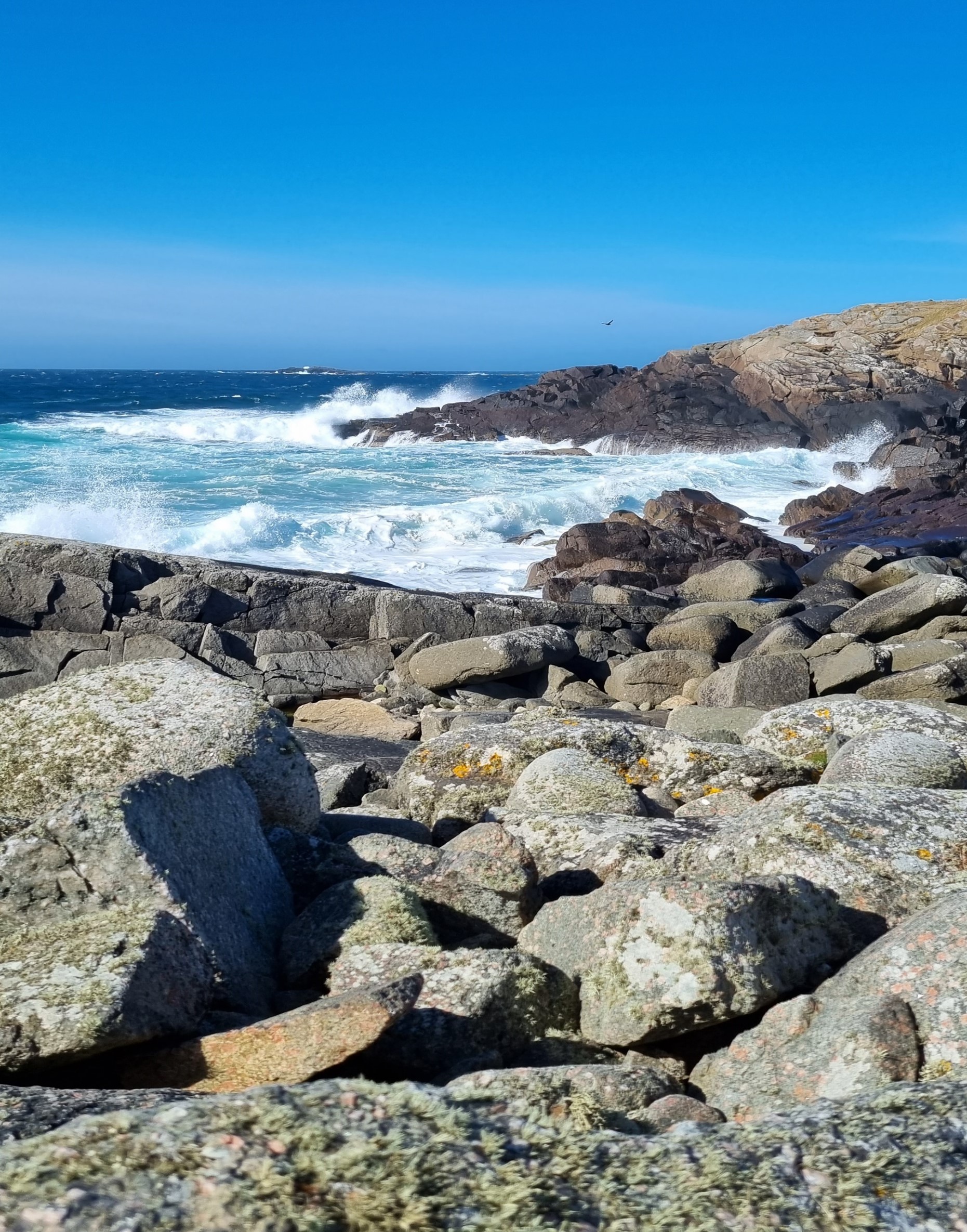Local Voices Lead the Way in Shetland’s Vision for Healthier Seas
UHI Shetland is delighted to share the findings of the first phase of the Marine Restoration and Enhancement Action Plan (MREAP) for Shetland, funded through the Marine Fund Scotland as part of the Scottish Governments’ Delivering Scotland’s Blue Economy Vision. The project, led by UHI Shetland, aims to co-create a community-led marine restoration and enhancement action plan tailored to the needs and priorities of the Shetland community. Marine enhancement and restoration efforts aim to restore the health of these vital ecosystems, ensuring a sustainable future for Shetland’s marine environment.
Shetland’s seas deliver a range of benefits to the Shetland community, from fisheries to marine tourism and recreation. However, in some places marine life has been lost and with it the benefits we might get from the seas reduced. For example, Shetland’s seagrass beds, which are important nursery grounds for fish, have largely been lost due to an Atlantic wide outbreak of wasting disease and at the coast predators such as rats can impact breeding birds. The plan, shaped by the input of the Shetland community will focus on maintaining Shetland’s unique and dynamic seas.
The initial phase of this project has brought together a wide range of Shetland’s voices through targeted interviews, public drop-in sessions and an online survey. These insights have helped identify the challenges and opportunities for Shetland’s marine environment, with the full findings now published.
Feedback from the community engagement phase highlighted key themes for marine restoration efforts, along with a strong preference for localised governance to ensure restoration and enhancement efforts directly benefit Shetland’s environment and community. The themes included
- Access: Improving infrastructure and accessibility for residents and visitors.
- Active Restoration: Restoring native species and habitats.
- Communication and Education: Promoting awareness through education initiatives.
- Research and Data: Establishing baseline data and long-term monitoring.
- Pressure Removal: Addressing local issues such as marine litter and pollution.
The second phase of the project begins in January 2025 and will refine guiding principles and prioritise actions based on the community’s feedback. An online survey will gather responses from the Shetland community and stakeholders. Provide your feedback.
Tanya Riley, Marine Scientist at UHI Shetland, commented:
"The feedback from the community so far highlights the passion and commitment of Shetland’s people for our marine environment. By empowering local voices, we are confident that Shetland can identify initiatives that will ensure a sustainable and resilient future for our waters, one that continues to support our marine industries and the livelihoods that they support."
